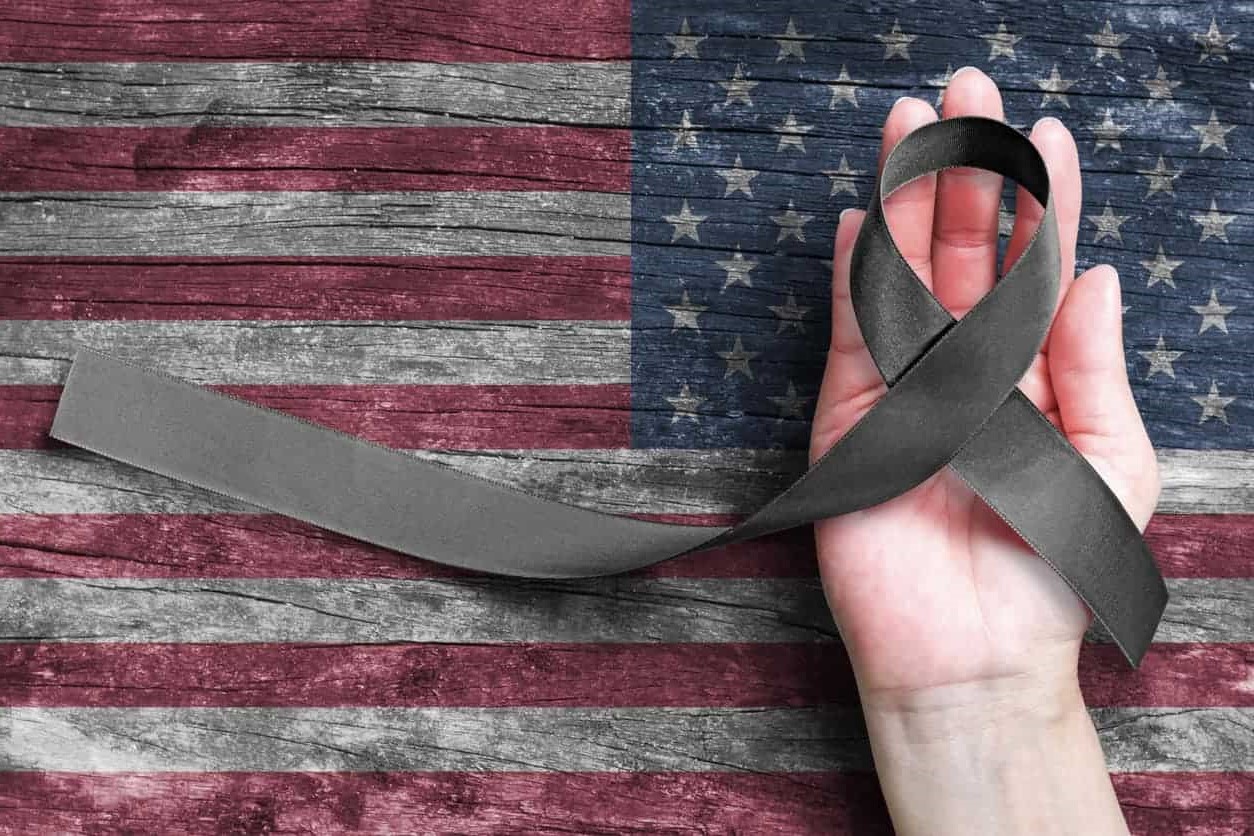
Ever wondered why April 9th holds a special place in the hearts of many Americans? It's not just another day on the calendar; it's National Former Prisoner of War Recognition Day. This day is dedicated to honoring the courage and sacrifices of those who endured captivity in service to our country. But why April 9th, you ask? Well, April 9th marks the anniversary of the United States' largest surrender of troops during World War II, leading to thousands becoming prisoners of war. This day serves as a poignant reminder of the resilience and bravery of these individuals. From harrowing tales of survival to the eventual joyous returns home, the stories behind this day are as inspiring as they are heart-wrenching. Let's take a moment to delve into the significance of this day and uncover some fascinating facts that pay tribute to these extraordinary heroes.
Key Takeaways:
- National Former Prisoner of War Recognition Day, on April 9th, honors the bravery of former POWs and educates people about their sacrifices, fostering respect and gratitude for their service.
- This day includes ceremonies, flag tributes, and personal stories to honor former POWs and support legislative efforts for their recognition and care.
What is National Former Prisoner of War Recognition Day?
National Former Prisoner of War Recognition Day is a day dedicated to honoring and remembering the sacrifices and service of those Americans who were held captive during wartime. Observed on April 9th each year, this day serves as a reminder of the courage and resilience of former prisoners of war (POWs). It's a time for reflection, recognition, and gratitude towards these brave individuals who endured unimaginable hardships for their country.
Why April 9th?
- April 9th was chosen for National Former Prisoner of War Recognition Day because it marks the anniversary of the United States' largest surrender during World War II. On this day in 1942, tens of thousands of American and Filipino soldiers were surrendered to Japanese forces in the Bataan Peninsula, leading to the infamous Bataan Death March. This day was selected to honor not just those who suffered during World War II but all former POWs from any conflict.
The Significance of Recognizing Former POWs
-
Recognizing former POWs is crucial because it acknowledges their sacrifices and the severe conditions they endured. Many POWs experienced brutal treatment, starvation, forced labor, and isolation from the outside world. By dedicating a day to their honor, society shows respect and appreciation for their resilience and the significant role they played in preserving freedom.
-
Educational impact is another significant aspect of this day. It provides an opportunity to educate the public, especially younger generations, about the realities of war and the personal sacrifices made by military personnel. This awareness fosters a deeper understanding and respect for veterans and former POWs.
How is National Former Prisoner of War Recognition Day Observed?
-
Various ceremonies and events take place across the country to commemorate National Former Prisoner of War Recognition Day. These include wreath-laying ceremonies at memorials, speeches by former POWs, and educational programs in schools and communities. Such events offer a platform for sharing stories of survival, courage, and the human spirit's resilience.
-
Flags flown at half-staff: On this day, it's customary for the American flag to be flown at half-staff at all federal buildings, military posts, and naval stations to honor former POWs. This act serves as a visual tribute to their sacrifices and a symbol of national respect and mourning.
Personal Stories of Resilience
- Personal narratives from former POWs are a powerful component of National Former Prisoner of War Recognition Day. These stories, whether shared in person, through books, or documentaries, provide a personal connection to the hardships endured. They serve as a poignant reminder of the cost of freedom and the indomitable spirit of those who fight for it.
Support and Advocacy for Former POWs
-
Support and advocacy for former POWs and their families are vital aspects of this day. Organizations and charities dedicated to veterans' welfare often launch campaigns to raise awareness and funds to support former POWs. These initiatives aim to provide healthcare, counseling, and social support to help them reintegrate into society and live fulfilling lives after their service.
-
Legislative efforts also play a crucial role in supporting former POWs. Laws and policies have been enacted to ensure they receive the recognition, benefits, and care they deserve. This includes healthcare, compensation, and priority in various services as a token of gratitude for their sacrifices and service.
A Final Salute to Resilience and Courage
National Former Prisoner of War Recognition Day on April 9th stands as a powerful reminder of the sacrifices and resilience of those who endured captivity in service to their country. Honoring these brave individuals goes beyond mere recognition; it's about understanding the depth of their courage, the strength of their spirit, and the enduring impact of their experiences. This day encourages us to reflect on the freedoms we enjoy, thanks to the immense sacrifices made by former POWs and their families. Let's ensure their stories of resilience, hope, and survival continue to inspire future generations. By acknowledging their journey, we pay tribute to their legacy of bravery and the indomitable human spirit that can overcome even the darkest of times. Let's carry forward this message of resilience and courage, making every April 9th a day of remembrance and respect.
Frequently Asked Questions
Was this page helpful?
Our commitment to delivering trustworthy and engaging content is at the heart of what we do. Each fact on our site is contributed by real users like you, bringing a wealth of diverse insights and information. To ensure the highest standards of accuracy and reliability, our dedicated editors meticulously review each submission. This process guarantees that the facts we share are not only fascinating but also credible. Trust in our commitment to quality and authenticity as you explore and learn with us.


